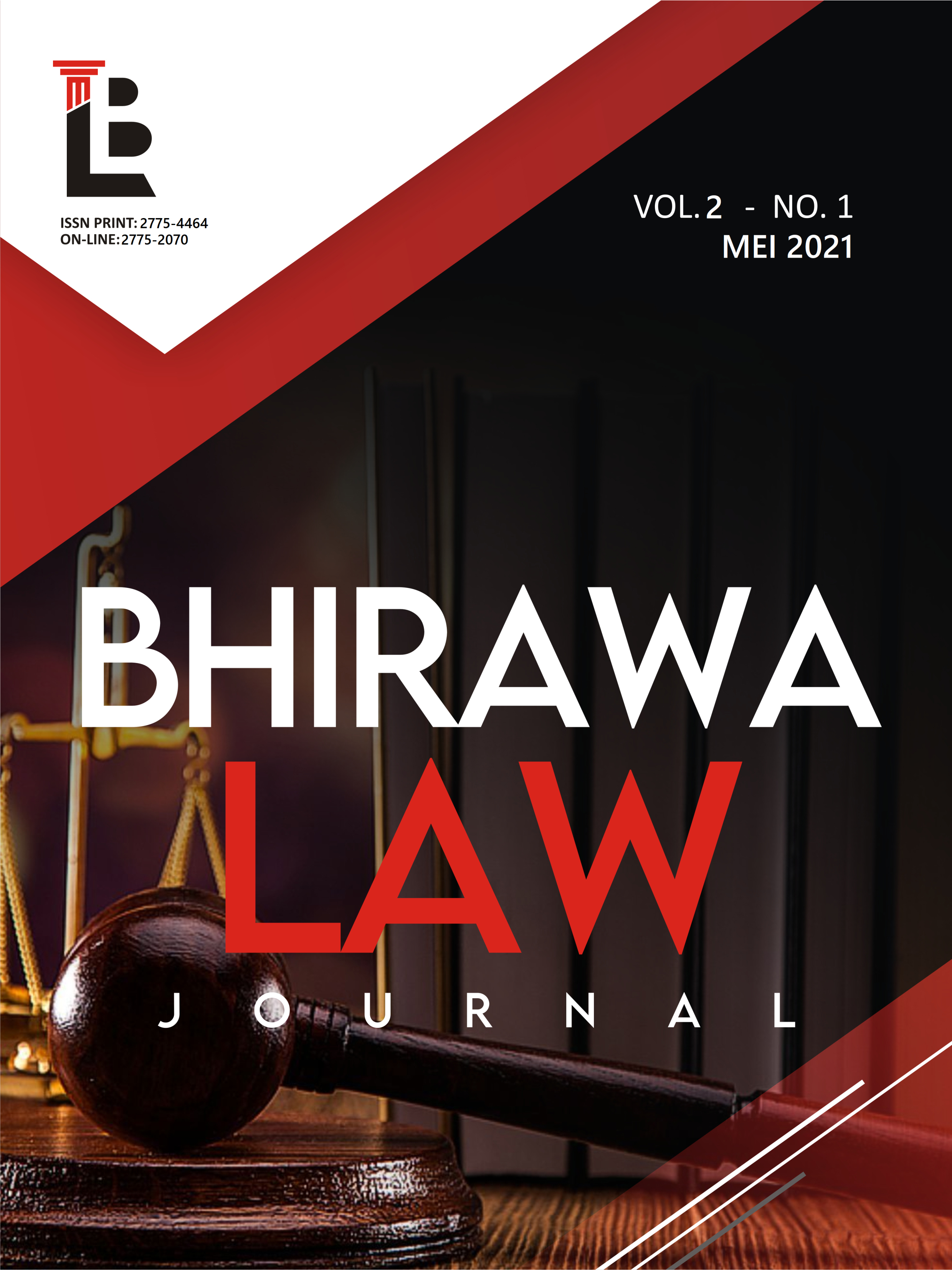Kedudukan Uang Panaik sebagai Syarat Perkawinan dalam Adat Suku Bugis menurut Hukum Islam
DOI:
https://doi.org/10.26905/blj.v2i1.5852Keywords:
Panaik money, marriage, legal termsAbstract
Bugis people, south Sulawesi, who are predominantly Muslim before carrying out marriage has a tradition of customs namely Money panaik. Panaik money is the giving of some money from the candidates the bridegroom to the bride’s party as a form of respect and as shopping money, customs traditions in the community,This Bugis tribe is mandatory or as a pre-condition of marriage which if no panaik money means no marriage, panaik money is determine based on the social status of the bride’s family, the level of education woman, up to the physical condition, the higher the status of a  woman then the higher the nominal panaik money is determined. In law islam there areno provisions governing panaik money and only oblige the giving of dowry from the male candidate to the female candidate, not there is a provision regarding the size of the dowry but it is recommended that women who well is a woman who does not burden the bridegroom with excessive dowry. This study examines regarding the position of panaik money as a condition of marriage in tribal customs according to Islamiclaw and how the consequences of the marriage law are not qualified panaik money in bugis tribal customs according to Islamic law. This study uses a normative juridical approach. This approach focuses on researching library materials such as relevant laws and other sources. The results of this study are the position of money which is not regulated in Islamic Law, but the law is permissible because it is a form of gift and as long as it is not burdensome to the party giving, but if the demand for panaik money is too high and the prospective groom cannot fulfill it, it causes the marriage to be canceled and eloping, then Islam prohibits something that is superfluous, and the higher the amount of panaik money that can be deliberated as much as possible by theprospective bride and groom.Downloads
Download data is not yet available.
Downloads
Published
2021-05-31
How to Cite
Putri, N. A., Saiban, K., Sunarjo, S., & Laila, K. (2021). Kedudukan Uang Panaik sebagai Syarat Perkawinan dalam Adat Suku Bugis menurut Hukum Islam. Bhirawa Law Journal, 2(1), 33–44. https://doi.org/10.26905/blj.v2i1.5852
Issue
Section
Articles
License
All rights reserved. This is an open-access article distributed under Creative Commons Attribution-ShareAlike 4.0 International








